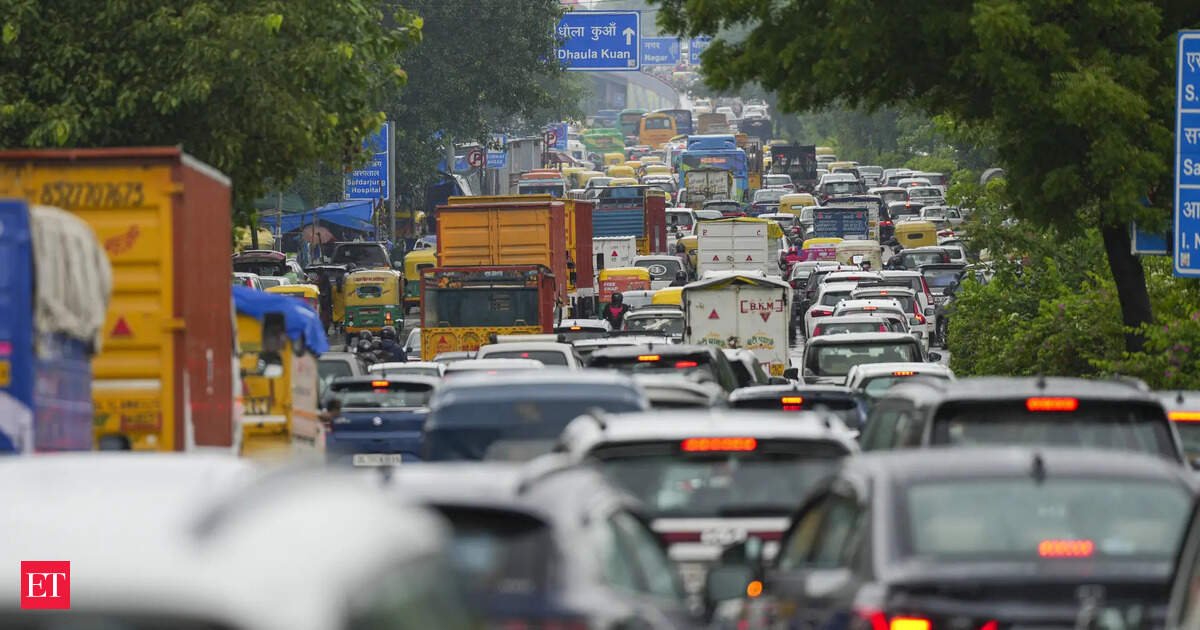Now Reading: UK parking rules: New UK parking rules kick in today — drivers risk £100 fines if they don’t follow them
-
01
UK parking rules: New UK parking rules kick in today — drivers risk £100 fines if they don’t follow them
UK parking rules: New UK parking rules kick in today — drivers risk £100 fines if they don’t follow them

Tougher penalties for common offenses
One of the most significant updates involves speeding fines, which have been overhauled into a banded system that links penalties to a driver’s weekly income. For instance, someone earning approximately £37,000 per year could face fines ranging from £100 depending on how much they exceeded the speed limit. This approach is designed to make fines proportionate, ensuring that all drivers are held accountable regardless of income.
In addition, using a mobile phone while driving has also become a serious offense. Offenders can now be fined up to £500 and get six penalty points on their license. This change targets the increasing issue of distracted driving, which contributes to a large number of accidents every year.
Seatbelt rules have also been strengthened as well. Both drivers and adult passengers can now receive penalty points for failing to wear seatbelts, aligning enforcement with Northern Ireland and other international standards. Meanwhile, driving without valid insurance also becomes riskier, with increased fines, rising from £300 to £400, with the possibility of unlimited fines or disqualification for repeat offenders, mainly targeting those using illegal “ghost plates” to evade detection.
Lower drink-driving limits
The legal alcohol limit for drivers in England and Wales has been reduced from 35 to 22 micrograms per 100ml of breath, bringing it in line with Scotland and much of the EU. Authorities highlight that even small amounts of alcohol can impair judgment and reaction times, and the minimized limit aims to lower alcohol-related accidents and fatalities. The crucial threshold reinforces the significance of responsible driving and ensures consistency across the UK.
Exemptions and affected roads
Under the updated regulations, parking on footpaths is illegal, but specific roads may be considered for exemptions due to local circumstances. These include Netherby Road in Airth; Hareburn Avenue in Avonbridge; Glenview, Hillhead, and Linden Drive in Banknock; Bridgeness Lane and School Brae in Bo’ness; Skene Street in Bonnybridge; Gorrie Street in Denny; Arnothill Gardens, Campfield Street, and Russel Street in Falkirk; Abbotsford Drive, Bearcroft Gardens, and Maryflats Place in Grangemouth; John Street in Haggs; Forgie Crescent and Torosay Avenue in Maddiston; Steps Street and Waverly Road in Stenhousemuir; and Hookney Terrace in Stoneywood. Drivers must remain mindful of the law and avoid parking on pavements outside these exceptions.
Enforcement and safety advice
The council highlights that pavement parking obstructs pedestrians, including the people with mobility challenges or parents with prams, and creates safety hazards for other road users. Enforcement will be conducted through routine patrols, with fines issued to violators. Residents are urged to plan their parking carefully and use alternative locations if required. Compliance advantages the community by maintaining safe, accessible for pedestrians, cyclists, and emergency services alike.
FAQs:
Q1. What changes are being made to UK traffic laws?
A1. Fines and penalties for different driving offenses are being increased. Rules on speeding, mobile phone usage, seatbelts, insurance, and alcohol limits are stricter.Q2. What is the penalty for using a mobile phone while driving?
A2. Drivers can be fined up to £500 and receive six penalty points. This is to discourage distracted driving.


![[PODCAST] Corvette News and Headlines with CorvetteBlogger on the Corvette Today Podcast](https://steinews.com/wp-content/uploads/2025/08/PODCAST-Corvette-News-and-Headlines-with-CorvetteBlogger-on-the-Corvette.jpg)














































